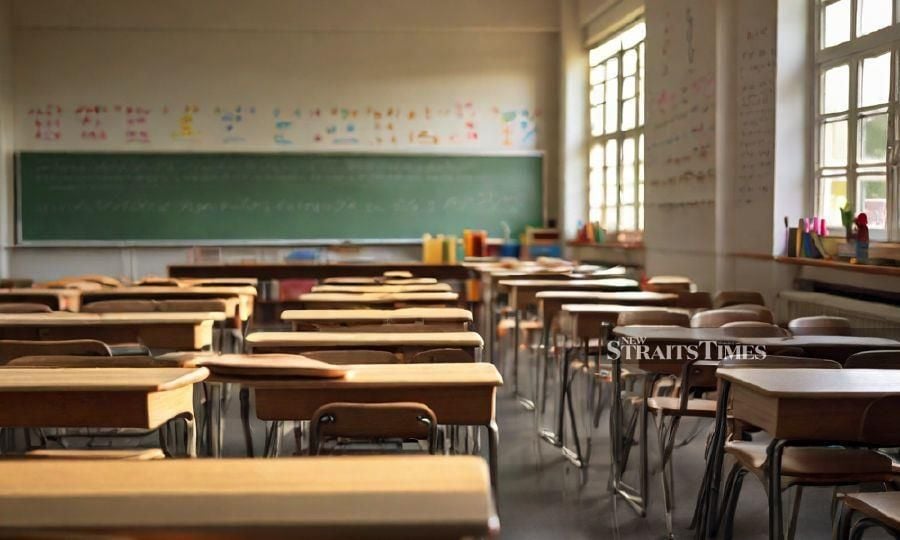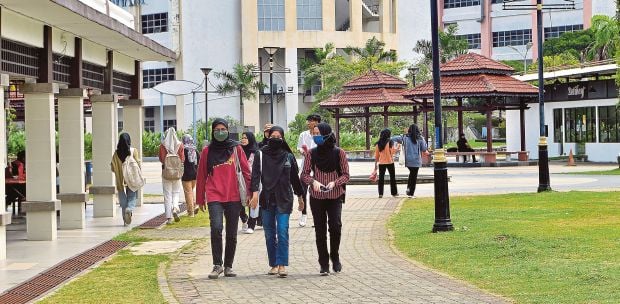HERE we are again talking about an ailing education system. While Singapore emerged a world-leader in the latest Programme for International Student Assessment's (Pisa) ranking in mathematics, science and reading, Malaysia ranked fourth in the 10-member Asean region.
Pisa, a triennial assessment of 15-year-olds, ranks the ability of the students to apply thinking and reasoning processes to solve complex real-life problems. Should we be surprised with the dismal results? Not at all. Anecdotal evidence of this has been, well, evident, for years. Strengthening this are numbers crunched by Emir Research, a Malaysian think tank.
As high as 13 per cent of pupils in upper primary schools are not proficient in reading and 50 per cent of 15-year-olds — the Pisa candidates — have a reading capability below their level. It is not uncommon, too, to find Form One students being unable to read.
How they got through six years of schooling without being able to read remains an unsolved national puzzle. It happened in the 1960s — though the numbers were low — and is happening now.
Prime Minister Datuk Seri Anwar Ibrahim thinks this and other afflictions are a result of a denial syndrome among those tasked with educating the nation. Our worry is that it is this and more.
Start with the denial syndrome. There is a disconnect between schools, education departments and the ministry. They — the people who man the ministry and education departments — know the malady, but refuse to seek a cure for it. To them, the sickness is with the students, teachers and schools.
The prevailing thinking is that the ministry and the education departments are deficiency-free. A classic case of this involved mathematics teacher Mohd Fadli Mohd Salleh, who was threatened with disciplinary action when he pointed out the flaws in the education syllabus.
He was subsequently freed of all charges, but not until a good portion of the nation rallied behind him on social media, crying "go sir, go". "To sir, with love" was more than a movie in Malaysia of 2022. But taking students from crayons to calculus as teachers like Cikgu Fadli do is but a cog in the wheel of the Malaysian education system.
Now for the "more" — a broken education system. We have had 10 governments and they have done 10 different things. Call it the problem of democracy.
Every government will do what is politically expedient, not necessarily to produce good human beings, which is the true end of education. As the government embarks on a denial-cure journey, we suggest it begin with the end of education in mind.
Our 15-year-olds must not only be able to solve complex real-world problems of the Pisa variety, but they must also be of good character. A good education system will not only educate the mind, but also the heart. Both are lodged in human beings, who are the object of our education system. Educating one without the other is not only inadequate, but dangerous.
True, educating the mind will produce the smartest students in the classroom. But educating the mind and heart will produce students who are wise, ones who are able to tell the difference between what is right and what is wrong. If we get this right, we would have solved most of our Malaysian maladies, including the broken education system.





